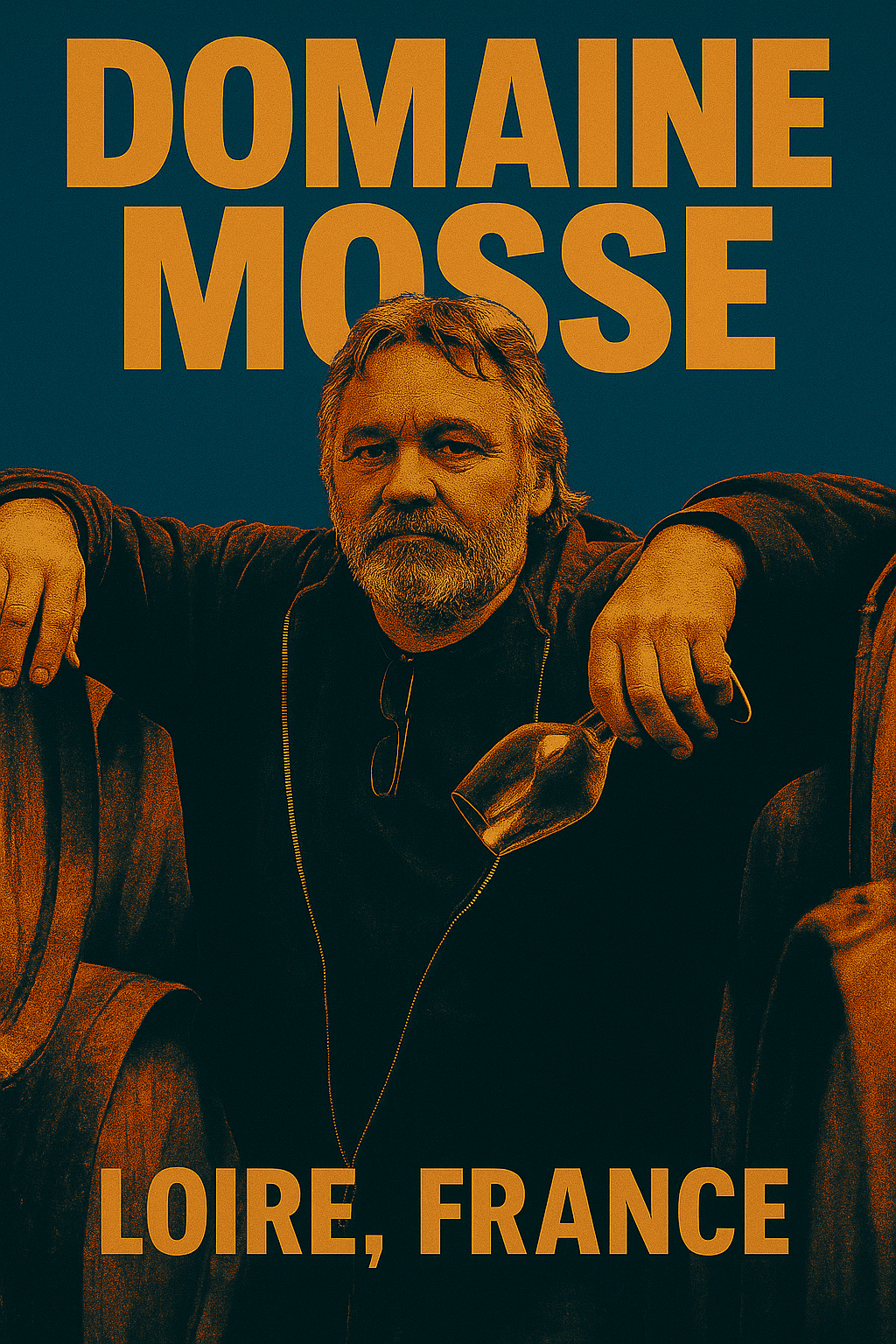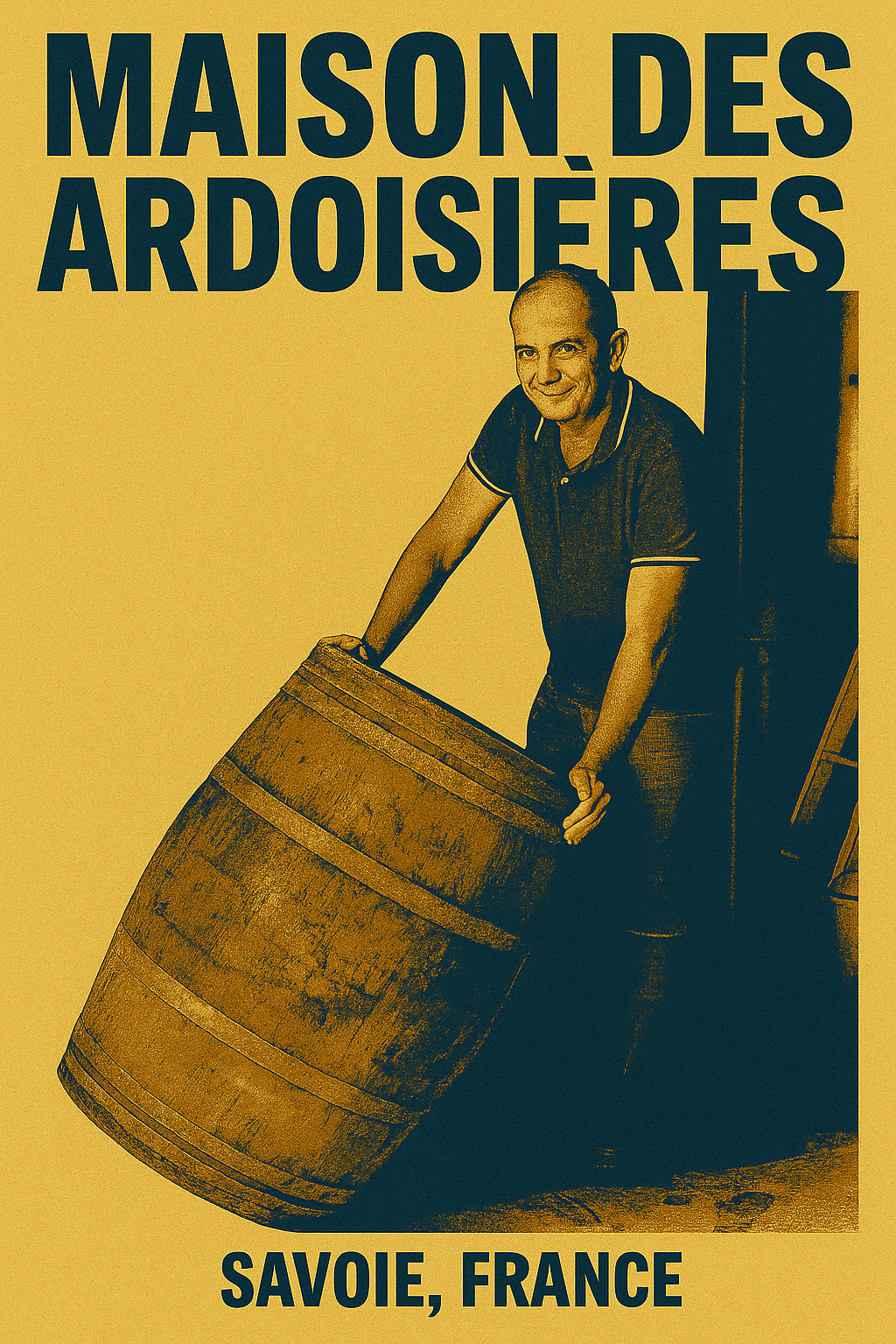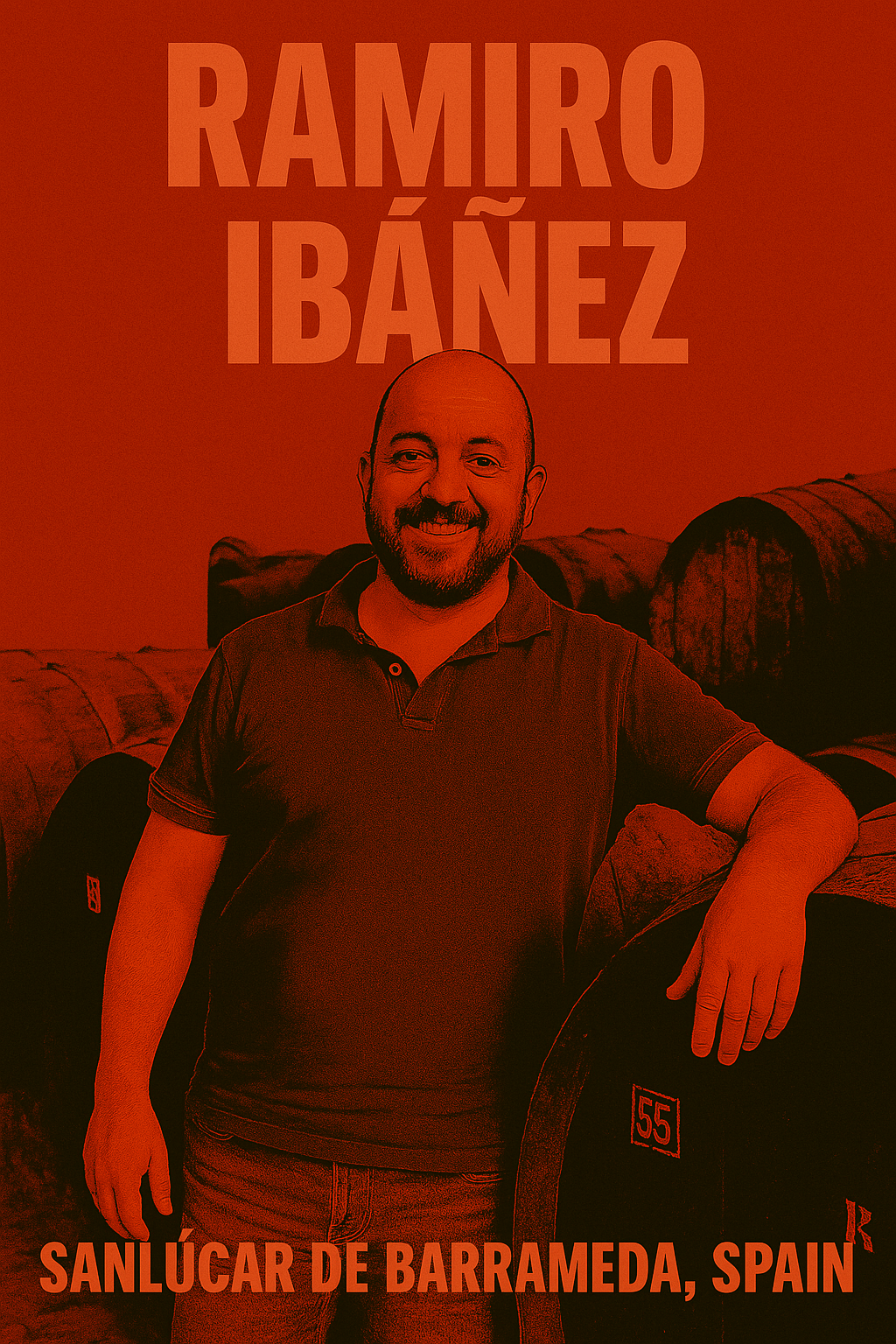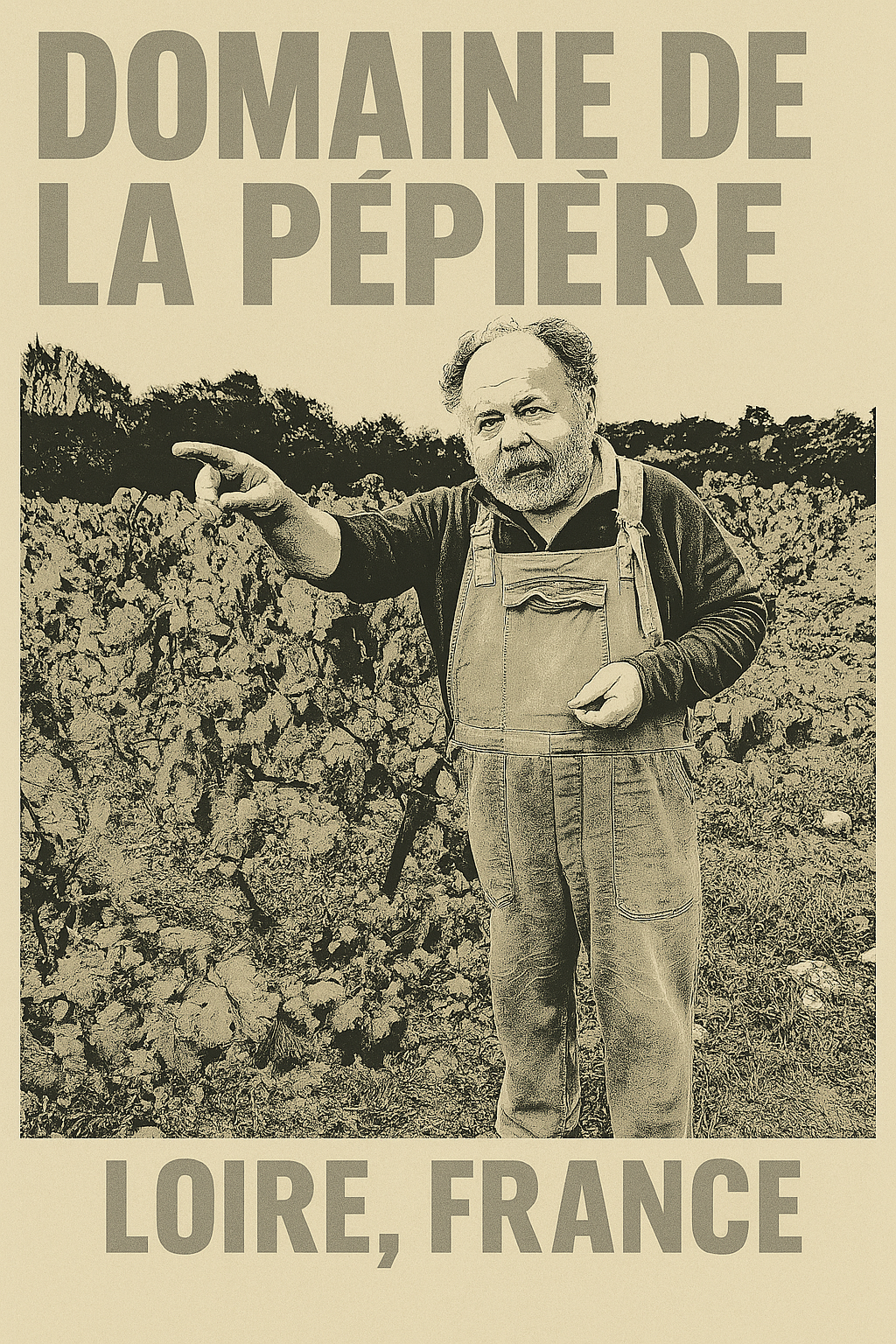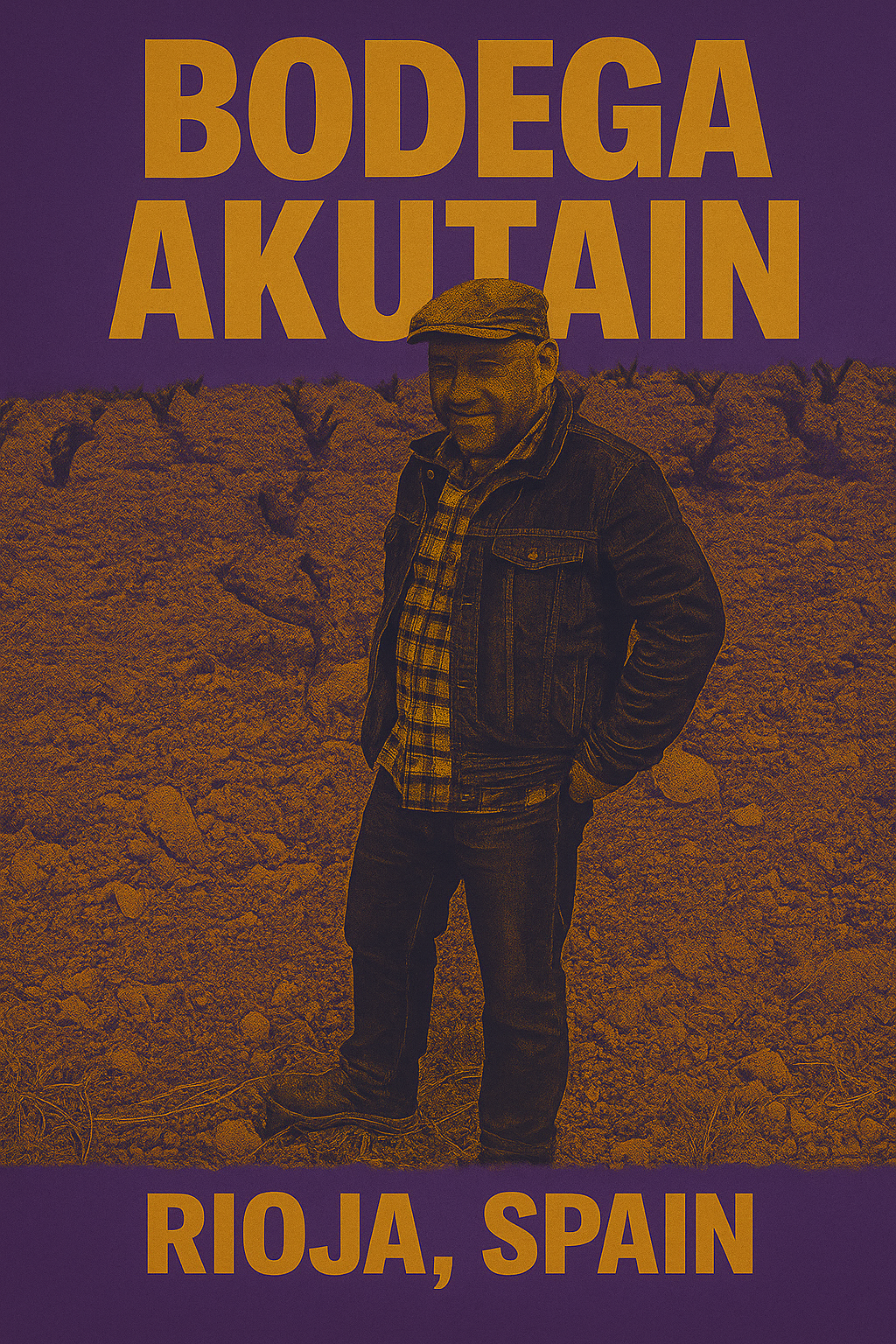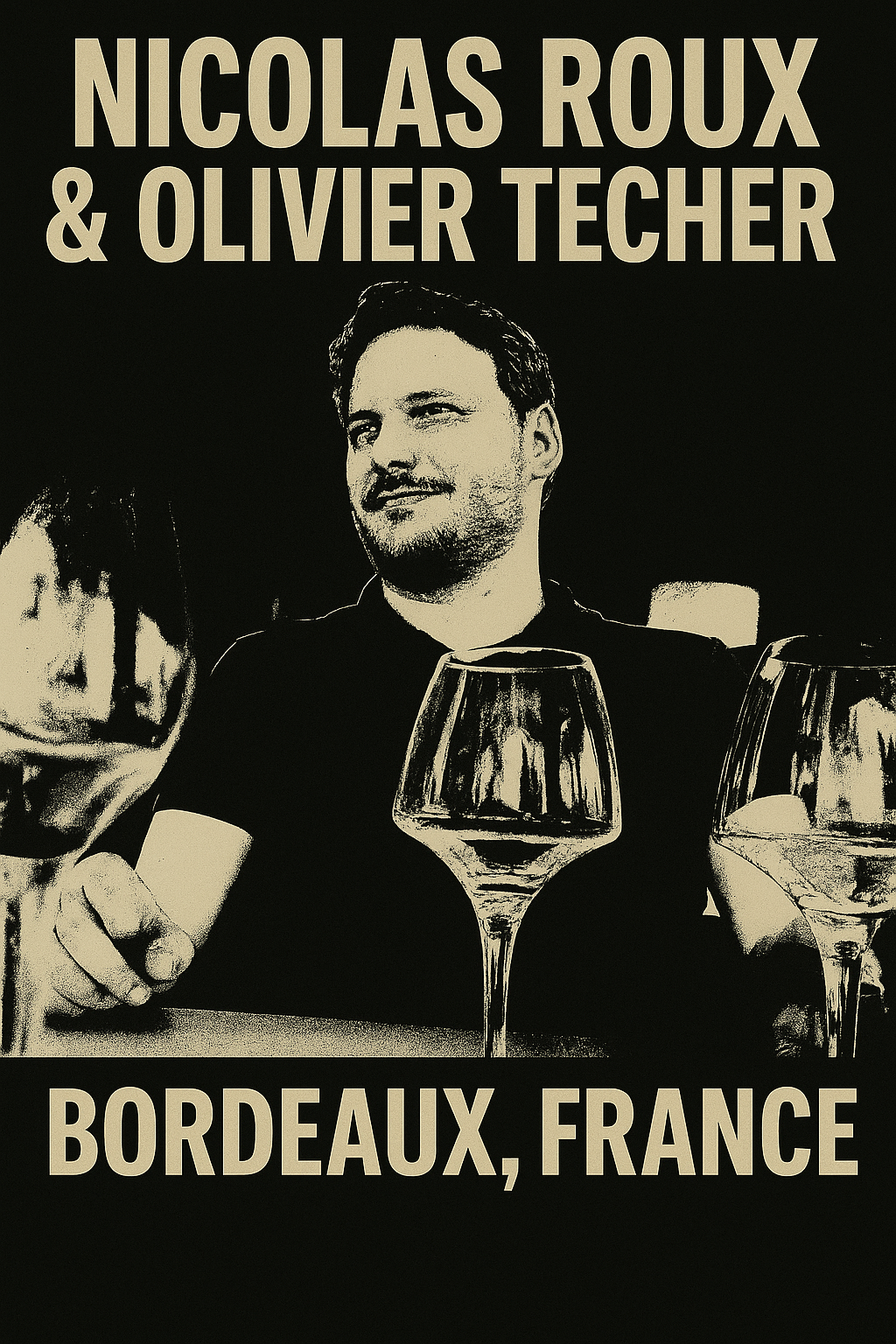GROWER PROFILES
•••
GROWER PROFILES •••
Bodega Akutain
Rioja, Spain
-
Organic. Vinified in tank before being transferred to oak barrels for ageing. 45% in newer barrels (from 0 to 6 years old) and 55% in older barrels (7+ years). 75% of the barrels are American oak from the Appalachian region, with the remaining 25% from France. Aged for 20 months in barrel, racked manually twice a year, and then bottled unfiltered. A further 8 months of bottle ageing in underground cellar.
-
Just outside Haro, a modest 6.5 hectares of Rioja Alta hillside whisper stories that most bodegas have long forgotten. This is Bodega Akutain, a family affair now steered by Jon Peñagaricano, whose father planted the first vines four decades ago in this wind-whipped patch of limestone and clay. No PR fanfare. No flashy tech. Just hands in the soil, eyes on the weather, and a cellar dug deep into the earth.
Akutain does not source from far-flung growers. Their four vineyards, all within shouting distance, are harvested by hand and carried minutes, not miles, to the winery. That intimacy shows. Each parcel is vinified solo.
Their wines age longer than the bureaucrats require, resting in cool, silent dark on a medley of American and French oak, some fresh, some old enough to have its own vintage tales. Every six months, each barrel is emptied, breathed, and returned by hand. Nothing filtered or forced.
The bottle we have landed in this edition (Rioja Crianza 2020) is a traditionalist’s dream with a modern heartbeat. Tempranillo leads the charge, flanked by splashes of Garnacha and a touch of Viura. After fermentation in tank, the wine sees 20 months in oak. Once bottled, it hibernates another eight months in their underground cave before emerging into the light.
What you taste is the old soul of Rioja: ripe plums and soft prunes folded into dried herbs and a gentle drift of vanilla that tucks itself into the savoury core. But the real magic hits on the finish: a clean, salty flick that speaks of calcareous earth and unhurried farming. Give it a bit of air, a wide glass, maybe even a carafe, and it will tell you a story worth listening to.
Maison des Ardoisières
Loire, France
-
Certified organic (Ecocert) practising biodynamic. Fermentation and ageing take place in fibreglass vats over 9 months. Bottled with minimal intervention, using less than 20 mg/l of added sulphur.
-
Brice Omont farms some of the steepest, most breathtaking vineyards in France (abandoned terraces carved into schist and slate high above the Tarentaise valley). What began as a rescue mission for forgotten mountain vines has become one of Savoie’s most exciting wine stories. The vines are wild, the yields low, and the work brutal. On the east-facing terraces, temperatures reach 50°C in summer, thanks to the schist that acts like a magnifying glass.
And yet, the wines move with elegance, clarity, and alpine light. Whites raised gently in fibreglass and old oak. Reds fermented in whole bunches with minimal touch. No chemicals. Almost no sulphur. Everything by feel, by season, by soil.But the bottle in your hand, Silice Blanc, comes from Brice’s négoce project, Maison des Ardoisières. Think of it as a side hustle with soul. He sources grapes from three small organic growers in Apremont, vines between 50 and 60 years old, rooted deep in limestone scree and clay-limestone soils. He oversees everything. Winemaking is as hands-off as the hillsides are hands-on: fermentation and aging in fibreglass for nine months, a whisper of sulphur at bottling (under 20mg/l).
The result? A white wine with the crisp snap of mountain air. Notes of lemon zest and white flowers give way to a soft, textured mid-palate, a bit of gras, as the French say, before tightening into a clean, stony finish with a lick of lime and quinine. It opens slowly, beautifully, over days, like a high-altitude flower turning toward the sun. It is not trying to be grand, but there is something quietly noble about it.
Ramiro Ibáñez
Sanlúcar de Barrameda, Spain
-
Sustainable viticulture. Manual harvest. Whole bunch pressed and fermented with indigenous yeast. Aged in old butts (70-100 years old). Soft filtration, no fining, little SO2 added at bottling.
-
Step into the new golden age of the Spanish wines with the wines of Ramiro Ibáñez, one of Spain’s most visionary and soulful winemakers. A pioneer of the terroir-driven movement in Andalusia, Ramiro is not just reviving the region’s ancient grapes, he is rewriting its future.
From the windswept albariza soils of Sanlúcar and Jerez to the ocean-kissed pagos of Paganilla and Miraflores, every bottle he makes tells a story of place, heritage, and passion. These are not your grandfather’s sherries. Ramiro crafts unfortified, flor-aged whites that are electric, salty, and alive, along with oxidative masterpieces and rare sweet wines like Pandorga, all brimming with character.
The wine that we have included in this edition, UBE Miraflores, is crafted just 6 kilometers from the ocean. It captures the salty breeze and bright energy of Sanlúcar’s coastal vineyards. Made from Palomino grapes grown on albariza soils, this unfortified white wine spends a short time under flor, offering vibrant minerality, laser-sharp acidity, and a whisper of the sea in every sip.
It is Ramiro’s signature wine (the one that introduced the world to his terroir-first philosophy) and we bet you will love this crisp, electric, and endlessly food-friendly wine!
Domaine Mosse
Loire, France
-
Farms organically on schist and clay-limestone soils in Anjou, harvesting all grapes by hand to preserve freshness and detail. In the cellar, they rely on native yeasts and low-intervention methods (minimal sulfur, no fining or filtration) to express each vineyard’s personality. Fermentation occurs in stainless steel, old barrels, or fibreglass, depending on the cuvée, with a clear focus on balance and purity.
-
Domaine Mosse produces vivid, expressive wines from organically farmed vineyards in Anjou, with vines rooted in schist and clay-limestone soils that bring energy and texture to each cuvée. Their approach is low-intervention but precise. Natural fermentations, native yeasts, and minimal sulfur are standard practice, yet each wine shows clarity and purpose. Grapes are harvested by hand and vinified in stainless steel, old barrels, or fibreglass depending on the wine’s structure, with no fining or filtration. The result is wines that are deeply rooted in their Loire terroir: fresh, textured, and full of life, often with a gentle oxidative edge or a chalky backbone, depending on the plot. Whether it’s a taut Chenin or a light-touch red, their wines have a drink-me-now vitality and a savoury complexity that lingers.
Their cult-favourite pét-nat, Moussamoussettes, is a joyful, cloudy blend (often Grolleau, Pineau d’Aunis, Cabernet Franc) made using méthode ancestrale, with spontaneous fermentation and early bottling that traps its delicate sparkle naturally. It’s unfiltered, unfined, with zero or minimal sulfur added. This is an utterly thirst-quenching wine that bursts with crunchy red fruit, wild herbs, and zippy acidity! It’s fizzy, slightly wild, and disappears fast. A serious natural wine that never forgets to have fun.
Domaine de la Pépière
Loire, France
-
Practices organic and biodynamic farming on mineral-rich soils in Muscadet Sèvre et Maine. All grapes are hand-harvested, fermented with native yeasts, and aged extensively on lees. Wines are bottled with minimal sulfur, no fining, and light filtration, showcasing purity, structure, and a true sense of place.
-
Located in Maisdon-sur-Sèvre, Domaine de la Pépière was founded by Marc Ollivier in 1984 and is now led by Rémi Branger and Gwénaëlle Croix. The estate farms organically (certified since 2006) and has progressively adopted biodynamic principles. Vines are planted on a patchwork of distinctive terroirs (granite, gneiss, gabbro, and orthogneiss), each imparting a unique mineral signature to the wines. Vineyard work avoids all herbicides and synthetic treatments, relying instead on mechanical weeding, compost, and natural preparations to maintain healthy soils and biodiversity.
Harvesting is done entirely by hand to protect fruit integrity and allow for careful selection. In the cellar, fermentations are spontaneous with native yeasts and take place in underground, tile-lined vats. Depending on the cuvée, wines may age on their lees anywhere from 6 months to over 3 years, building complexity and texture without oak influence. No fining is used, filtration is light, and sulfur additions are kept to a minimum, just enough to stabilise the wine while preserving its vibrant, saline character. The result is a collection of honest, terroir-driven Muscadets with precision, ageing potential, and refreshing drinkability.
Nicolas Roux & Olivier Techer
Bordeaux, France
-
Crafted from organically grown Merlot vines aged 25 to 60 years, rooted in calcareous-clay soils in Entre-deux-Mers. It’s made without sulfur in the red cuvée and only a touch in the white. Vinification is traditional yet free from the rigidity of Bordeaux norms.
-
This wine is a collaboration between Olivier Techer and Vignobles Roux in Entre-deux-Mers. Olivier, who also oversees Château Gombaude-Guillot in Pomerol, acts as a consultant for the cuvée, guiding the process from vineyard to bottle to reflect his stylistic ideals. The grapes, predominantly Merlot, are sourced from 25–60-year-old vines grown on organically farmed calcareous-clay soils. Both red and white versions are certified organic. The red is vinified without any sulfur additions, while the white contains only a minimal dose. There is a strong emphasis on low-intervention practices and expressing terroir through straightforward, honest winemaking. The choice of Burgundy bottles instead of classic Bordeaux ones further underlines its free-spirited ethos—a Bordeaux wine made by breaking Bordeaux rules. The result is a fresh, direct, and soulful wine meant to be enjoyed simply, with friends, and without pretense.

